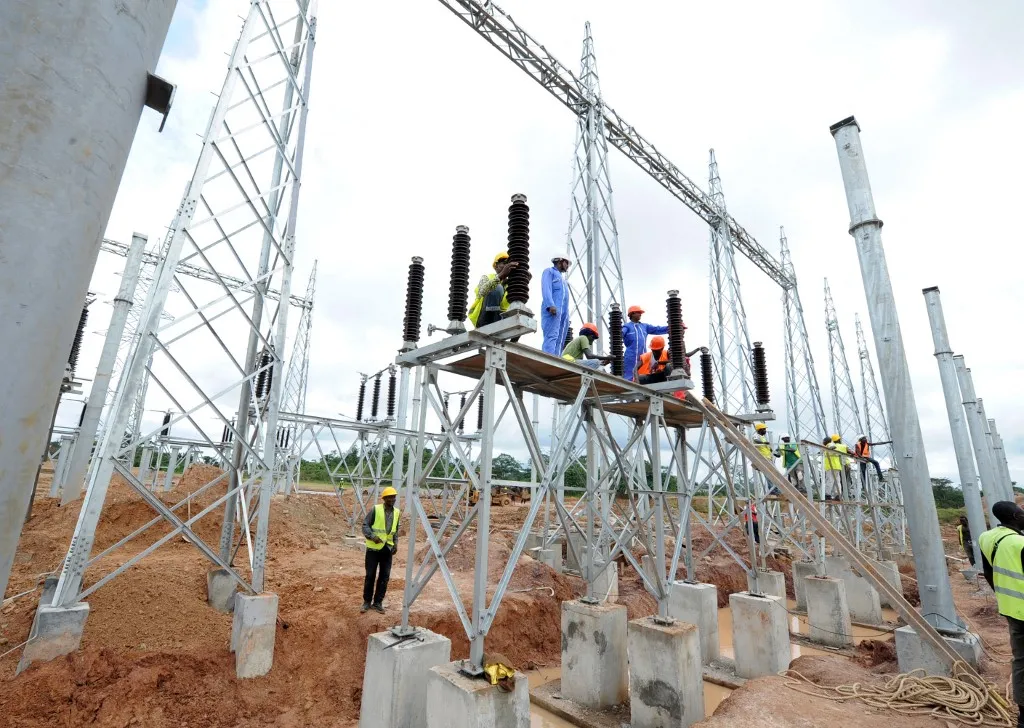The Gabonese government has announced the construction of a new special economic zone (SEZ), the Mpassa-Lebombi, in the south-eastern province of Haut-Ogooué.
The new zone aims at attracting investment in the agricultural and forestry sectors, which respectively represented $61m and $537m of export value in 2020. The new SEZ will, like the country’s two existing zones, be a joint venture between the Gabonese government and the Singaporean commodity trading firm Olam International, which acts as the principal shareholder (40.5%).
The Mpassa-Lebombi SEZ will be developed and modelled after Gabon’s first SEZ, Nkok, created in 2011, which now employs 4000 people, of which 80% are Gabonese. Nkok accounts for nearly 40% of the country’s exports.
As a condition of setting up in its special economic zones, the government makes a firm commitment to exporting at least three-quarters of their production. In return, the zones provide tax exemptions, efficient infrastructure and access to the country’s resources.
“In Western African economies, such as Benin, Togo, Ivory Coast or Mauritania, SEZs are designed solely for exportation,” says the Gabonese economist consultant Mays Mouissi.
“Foreign investments are here for the local processing of raw materials, which are then easily exported as most SEZs are built aside a major port hub”.
Despite the ability of SEZs to improve the industrial sector, Mouissi says that optimal conditions have yet be found for local companies to benefit from SEZ policies and that local manufacturers are at risk of being excluded.
“The most accepted model of an SEZ is made to attract foreign assets in a way that local manufacturers are left behind,” he argues. “Local capitalists are restrained from entering SEZs as it demands a considerable financial input that only multinationals can afford”.
He says the government should provide incentives for local businesses.
“Individual financial support towards smaller businesses must be provided by local institutions,” he argues. “In addition, special privileges such as cheaper access to land use should be granted to national companies”.
SEZs in Africa
Recognising the significant benefits for East Asian economies in the 1980s, SEZs and free zones were adopted widely during the 1990s and 2000s on the African continent.
SEZs were a way for developing economies to kick-start manufacturing, industrialisation, and exports. As of 2019, 189 SEZs spread over 47 countries were operational in Africa. SEZs “established by law” are found in significant numbers in countries like Kenya, Nigeria, and Ethiopia.

Despite the clear economic benefits resulting from them, Africa has not always experienced success stories with SEZs. Often taking China’s Shenzhen SEZ as a role model, which gained international recognition for its transformative impact on the Chinese economy, SEZs across the African continent remained largely underdeveloped and underutilised.
“Copying the strategies of successful cases rarely works as it is always difficult to reproduce the conditions that led to the success of the strategy being copied,” says a recent report by the United Nation Conference on Trade and Development (UNCTAD).
In 2021, a survey made by UNCTAD of 39 SEZs across the African continent revealed that “only 15% of them currently operate at full capacity”.
“The underutilisation and the underperformance of African SEZs call for the immediate adoption of new approaches,” the report says.
Among other innovative methods, UNCTAD urges African countries to take three “megatrends” into consideration when implementing new SEZs: sustainable development objectives, the increasing digitalisation of the industry and the role of African regionalism.
Want to continue reading? Subscribe today.
You've read all your free articles for this month! Subscribe now to enjoy full access to our content.
Digital Monthly
£8.00 / month
Receive full unlimited access to our articles, opinions, podcasts and more.
Digital Yearly
£70.00 / year
Our best value offer - save £26 and gain access to all of our digital content for an entire year!
 Sign in with Google
Sign in with Google 



